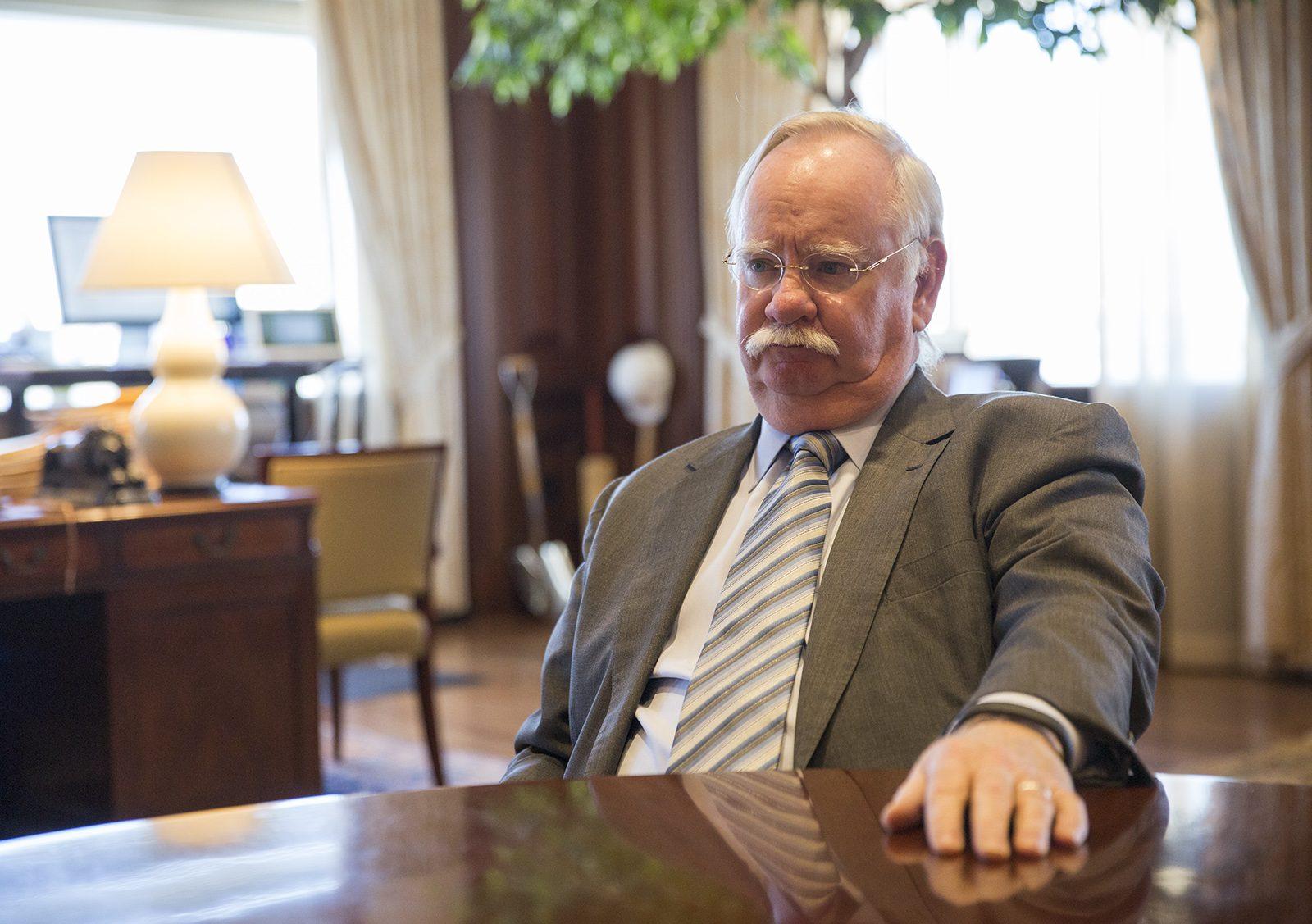President Donald Trump stepped into the Oval Office and immediately sat down to fulfill the plans he made while on the campaign trail. Within his first few days, Trump signed 12 executive orders, ranging from reviving the Dakota Access Pipeline and pulling federal funding from organizations that provide abortion services.
Sanctuary cities, which pledge to restrict their engagement with federal government immigration enforcement agencies, seem to be the next targets of Trump’s crusade to restore America’s greatness. In attempts to remove undocumented immigrants from our nation, Trump said on Wednesday that he will take aggressive measures against sanctuary cities, including ceasing all federal funding.
Boston Mayor Martin Walsh responded firmly and passionately that this statement from Trump will not put an end to Boston’s history of protecting undocumented immigrants. For those threatened by possible deportation, Walsh assuaged fears by claiming “to anyone who feels threatened or vulnerable, you are safe in Boston,” even offering his own office as shelter for illegal immigrants.
These conversations have spread from the federal government to state and local levels. Private universities have hopped on the bandwagon, claiming to be “sanctuary campuses” that will not voluntarily assist the federal government’s actions to deport their students. Wesleyan University, Columbia University and Portland State University are a few examples of the many colleges who have vowed to protect their students at all costs.
President Robert Brown said in an interview with the Boston Globe on Monday that although he fears for undocumented students under a Trump presidency, Boston University will not officially declare itself as a “sanctuary campus.” Brown claimed that though the university will not take this official title, the university will “do everything we can within the law” to help undocumented students.
Brown’s statement is reasonable — if the state issues a warrant to Boston University for documents regarding certain students, the university can’t disregard the law. It is not completely necessary for BU to declare the title “sanctuary” if Brown follows through with the pledge to do what he can for undocumented students and those included in Deferred Action for Childhood Arrivals under Obama. The university does not need this particular name to protect their students, and in some ways, this title is just that — a title. As long as Brown continues to be vigilant for all students at BU, including those without proper documentation, the university is doing the right thing. After all, the law is the law.
However, Brown’s statement was weak. The language he used insinuated that he is not willing to do whatever is in his legal power to ensure the protection of undocumented students and those covered by the Obama administration. Words matter. The way statements are said imply meaning. Through Brown’s answers to the Globe, it doesn’t seem like he is extremely devoted or dedicated to this cause as more than 2,000 BU community members signed a petition for BU to become a “sanctuary campus.” Mayor Walsh responded to Trump’s statements with strong wording, forceful statements and powerful promises. Brown failed to meet the devotion and passion that radiated from Walsh’s fervor. Even without a declaration for a sanctuary, we expected more.
The law may be the law, but is it always right? These efforts against illegal immigrants have begun with one man through executive action, not through Congress, the people’s branch. Does this order require resistance? Universities tend to be at the forefront of making change, and in this case, BU is letting others spearhead the mission. Though an official sanctuary title may bring attention here, there are other ways to go about expressing aversion to Trump’s actions. It comes down to what activists on campus can do. For students who feel passionate about this cause, we encourage you to take advantage of other channels. Write to your congressmen or congresswomen, your senators, your local officials — turn frustration into political action. Make your voice heard by officials who can do something about it.
BU came to a crossroads where it could declare itself as a sanctuary, or say it will protect its students without the official label, and picked the latter. But “sanctuary campus” or not, if Trump is targeting undocumented students at private universities, the federal government will come to these doors to get that information. Brown has made the decision for us to hide rather than fight, and for those who have made this decision throughout history, it has rarely worked. Either way, Trump’s administration has come. The new administration may begin their search at the universities that have proudly sworn themselves as a sanctuary, just as they are doing with sanctuary cities, but the federal government will work their way into campuses that don’t wear that label. As a country, America has stood for what is right, not what the law says. As a university, we should follow the same principle.

















































































































